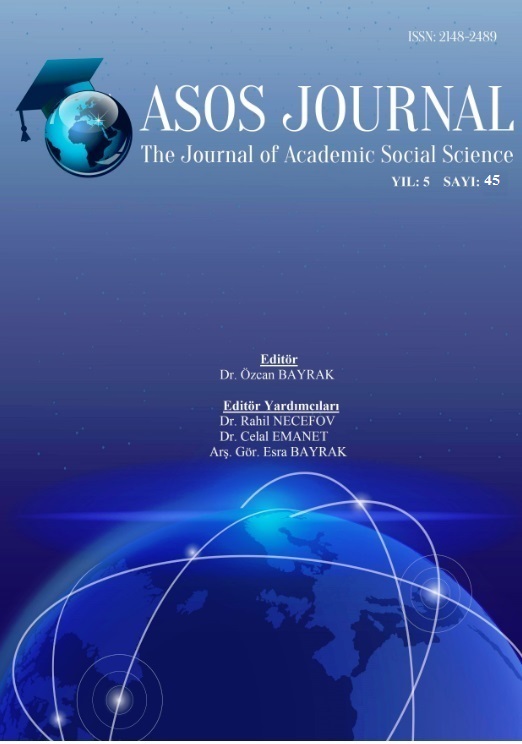Author :
Abstract
İran nükleer krizi, 2002’de Natanz ve Arak’ta iki gizli nükleer tesisin ortaya çıkmasıyla patlak verdi. ABD ve Batı ülkelerinin tepkisini çekti ve uluslararası bir sorun haline geldi. İran’ın çalışmalarının barışçıl amaçlı olduğunu söylemesi pek etkili olmadı. Bu bağlamda Rusya, her ne kadar Birleşmiş Milletler Güvenlik Konseyi’ne gelen İran’a yönelik yaptırım karar tasarılarını veto etmese de İran’a yakın bir pozisyonda, sorunun diyalogla çözülmesini arzu etti. Bu çalışma, Rusya’nın nükleer krizde İran yanlısı bir tutum takınmasının nedenleri üzerine odaklandı. ABD’nin Irak işgalinin Rusya’yı olumsuz etkilemesi, Rusya’nın İran’a yönelik muhtemel bir işgale karşı çıkması, siyasi/ekonomik açıdan istikrarlı bir Orta Doğu’nun, çıkarlarına uygun olması ve bölgede ABD’yi dengeleme isteği, söz konusu İran yanlısı tutumun temel nedenleri olarak ortaya kondu.
Keywords
Abstract
The Iranian nuclear crisis broke out in 2002 with the emergence of two secret nuclear facilities in Natanz and Arak. It drew a rebuff from the United States (US) and the Western countries and has become an international problem. Iran said that its program was for peaceful purposes but it was not taken seriously. In this context, although Russia did not veto the United Nations Security Council resolutions about sanctions against Iran, it standed in a position close to Iran and wanted to solve the problem with dialogue. This study focused on the reasons why Russia took a pro-Iranian position in the nuclear crisis. The main reasons for the pro-Iranian stance were put forward as follows: The negative impact of the US occupation of Iraq on Russia, Russia’s opposition to a possible US occupation of Iran, convenience of political/economic stability in the Middle East for Russia’s interests and its claim to balance the US in the region.





